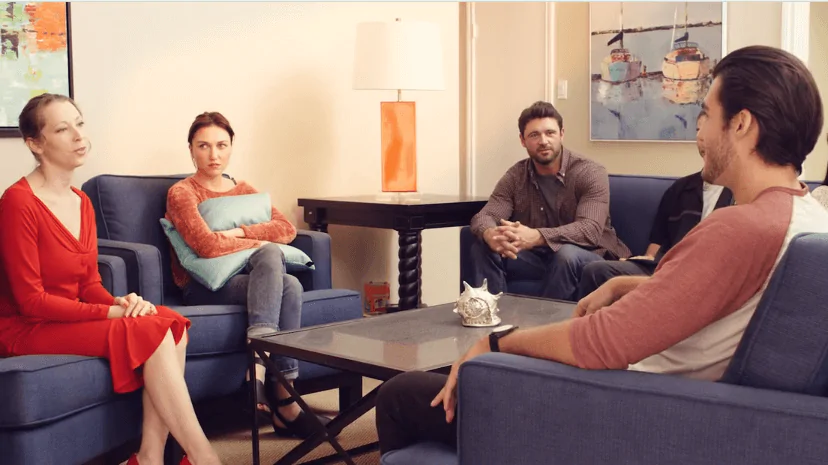24/7 Helpline:
(866) 899-221924/7 Helpline:
(866) 899-2219
Learn more about Bipolar Disorder Treatment centers in San Benito County
Bipolar Disorder Treatment in Other Counties

Other Insurance Options

Kaiser Permanente

Magellan

Self-pay options

MHNNet Behavioral Health

Medical Mutual of Ohio

Magellan Health

Health Choice

Ceridian

Holman Group

AllWell

Providence

Horizon Healthcare Service

State Farm

ComPsych

Molina Healthcare

Anthem

BHS | Behavioral Health Systems

Humana

Group Health Incorporated

PHCS Network

San Benito County Behavioral Health
San Benito County Behavioral Health is a public rehab located in Hollister, California. San Benito C...













AA – Alcoholicos Anonimos – LGF
AA – Alcoholicos Anonimos – LGF is a non-profit rehab located in Hollister, California. AA – Alcohol...

AA – Alcoholics Anonymous
AA – Alcoholics Anonymous is a non-profit rehab located in Hollister, California. AA – Alcoholics An...

AA Alcoholicos Anonimos Grupo Liberacion
AA Alcoholicos Anonimos Grupo Liberacion is a non-profit rehab located in Hollister, California. AA ...

SouthEast Behavioral Healthcare Socialization
SouthEast Behavioral Healthcare Socialization is a private rehab located in Hollister, Missouri. Sou...











































